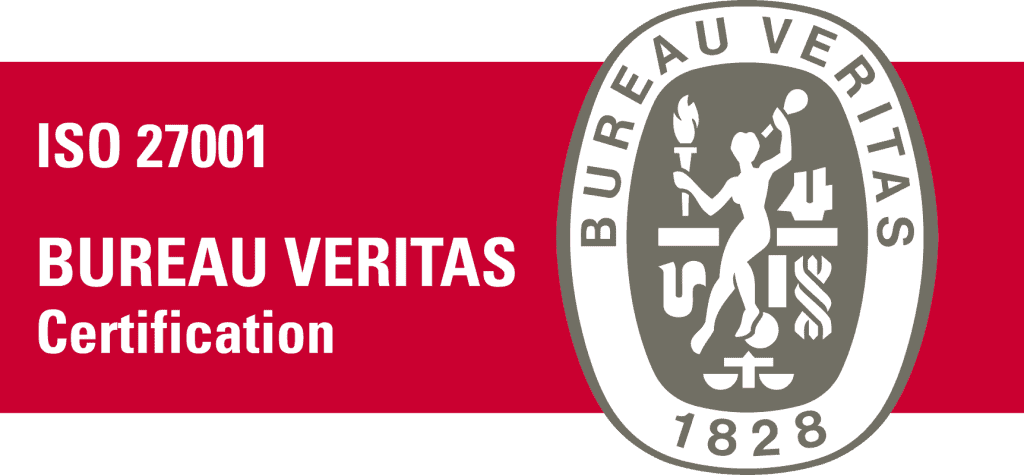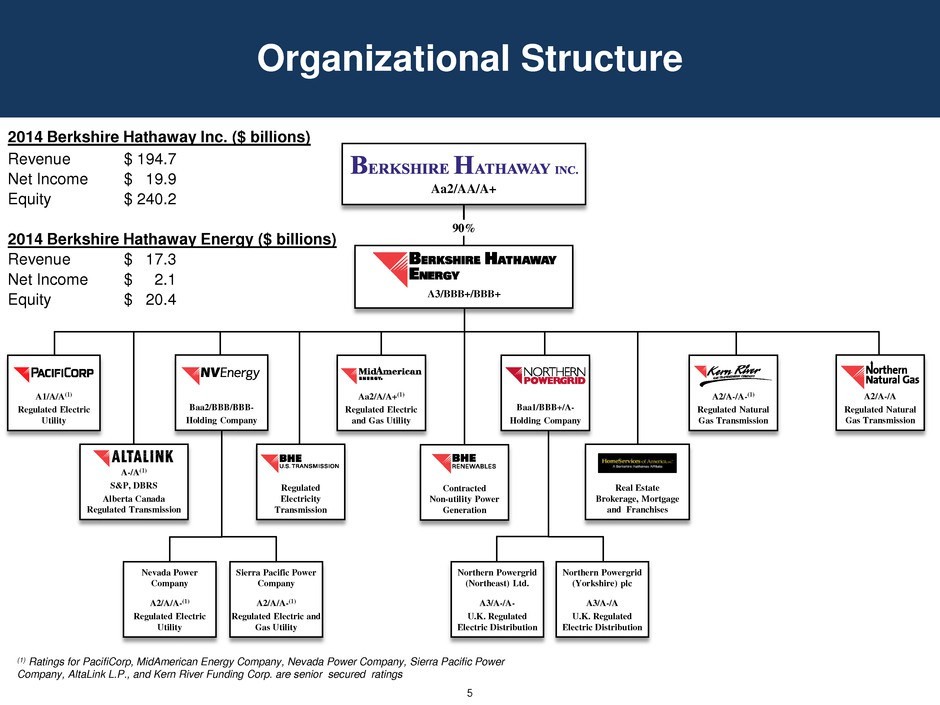
The 1940s saw the rise of management consulting. This article will explain the purpose of the career as well as the work environment for management consultants. Learn more about the work environment for management consultants and how they manage their time. Think about the benefits this profession can bring to you. Next, begin to think about your career objectives. We hope you find this article useful. Let us guide you on the path to success.
After World War II, management consulting has seen a boom in its growth
Management consulting is traditionally rooted in the United States. Arthur D. Little was the founder of the first modern consulting company in 1893. There were many well-known companies that emerged in the 1920s such as McKinsey&Co., A.T. Kearney, Booz Alley Hamilton, and McKinsey & Co. These firms began to expand to Europe in the 1960s. Large organisations needed management expertise to transform their operations, structures, and strategies.

Management consulting's purpose
There are eight main goals for management consulting. The clients will most likely recognize the lower levels, while the top three tiers represent the ultimate goal for the consulting firm. Even though they are less common, these tiers are still highly valuable and useful. One example is that a management consultant could help a business move from its current status to a higher level of performance by implementing three top tiers. Here are some of the purposes.
Consultants in management: Work environment
Management consultants have a challenging work environment. Many are able to work alone without supervision. This requires organization, self-motivation, and critical thought. Consultants often bill by the hour. Therefore, they must be able communicate clearly and concisely to all levels of staff. They also need to have a range skills such as problem-solving, analysis, and interpersonal. Here are some traits that make management consultants great for this career:
Time management
Time management is a great choice for anyone who wants to make more time in their lives, whether it's for their family, career, or hobbies. Time management skills can make the difference between being on time and running out of time. You might ask yourself what you would do with an extra hour every day. Write down three things you'd do if there was more time. You can then create an action plan to help you reach your goals.

Stress management
There are many reasons you might want to consider hiring a consultant in stress management. The first is the many benefits of stress management. This service is great for improving employee morale, reducing sick leave, and increasing productivity. Another option is to find a certified stress management consultant that offers ongoing education and can work with clients. While stress can be difficult to spot in this fast-paced society, it is still a major factor in our daily lives. Stress can lead to illness, distraction, absenteism, and other negative effects.
FAQ
Who hires consultants
Many organizations hire consultants to assist with projects. These include small businesses, large companies, government agencies and non-profits.
While some consultants work for these companies, others are freelancers. In both cases, the process for hiring depends on how complex and large the project is.
You will likely go through multiple rounds of interviews when hiring consultants before you choose the candidate you feel is the best fit for the job.
Do I need a degree to be a consultant?
You can become an expert in any subject by learning the subject thoroughly, then applying what you have learned.
So if you want to learn how to become a great consultant, start studying now!
If you have a degree but no relevant experience, you may struggle to get hired. If you have demonstrated that you have studied the same subjects as those who received the jobs, then you may still be eligible to apply.
But remember, employers will always look for candidates with real-world expertise.
Which industries employ consultants
There are many different types. Some are specialists in one type or another of business.
Some consultants work exclusively for private businesses, while others represent large corporations.
Some consultants also work internationally and can help companies around the globe.
How much are consultants paid?
While some consultants may make over $100k per annum, most consultants earn between $25k and $50k. The average consultant salary ranges from $39,000 to $39,000. This includes both salaried as well hourly consultants.
Salary depends on industry, experience, location, and type of contract (contractor vs employee). Also, whether the consultant is located in their office or remote.
What is the difference of a consultant versus an advisor?
A consultant is an advisor who gives information on a particular topic. A consultant offers solutions to problems.
Consultants work directly with clients to help them reach their goals. Advisors advise clients indirectly via books, magazines, lectures and seminars, etc.
How much should you charge to be a consultant?
It depends on your offering. You don't have to charge anything if you provide services free of charge. However, if you are selling products or services, then you need to set prices based on value.
If you offer low-quality services then you don’t have anything for sale. Why should anyone pay for your services?
You may be able to ask for a higher price if you offer high-quality services. This is because people know the value that you provide. Customers who buy multiple services from you may qualify for discounts.
How is consulting different to freelancing
Freelancers, who are self-employed and provide services to clients without the need for employees, are independent contractors. They usually charge an hourly rate based on how much time they spent on a project. Consultants often work for companies or agencies that employ them. Their salaries are often paid monthly, or annually.
Consultants have less flexibility than freelancers because they can control their work hours, and set their own prices. Consultants have better benefits, like health insurance, vacation time, sick leave, retirement plans and etc.
Statistics
- According to statistics from the ONS, the UK has around 300,000 consultants, of which around 63,000 professionals work as management consultants. (consultancy.uk)
- On average, your program increases the sales team's performance by 33%. (consultingsuccess.com)
- Over 50% of consultants get their first consulting client through a referral from their network. (consultingsuccess.com)
- "From there, I told them my rates were going up 25%, this is the new hourly rate, and every single one of them said 'done, fine.' (nerdwallet.com)
- My 10 years of experience and 6-step program have helped over 20 clients boost their sales by an average of 33% in 6 months. (consultingsuccess.com)
External Links
How To
What does a typical consultant's day look like?
A typical day will vary depending on the type of work you are undertaking. You'll spend your time researching new ideas and meeting clients.
Clients will often meet with you to discuss their problems. These meetings can be conducted over the phone, by email, face-to-face, or online.
The proposal is a document that outlines your ideas and plans to clients. These proposals will be presented to clients by you and a mentor.
You will need to create content after all your planning and preparation. You could write articles, design websites, edit photos or conduct interviews.
Depending on the scope of the project, you may need to do some research in order to gather relevant statistics or figures. For instance, you might want to find out how many people you have and if they are buying more than just one product or service.
Once you have collected enough information, it's now time to present the findings to your clients. You can either present your findings in writing or orally.
After the initial consultation, it is important to follow up with clients. For example, you might call them periodically to see how things are going or send emails asking them to confirm that they received your proposal.
Although it takes time, this process is worth it. It's also important to keep your eyes on the prize and maintain good relations with clients.